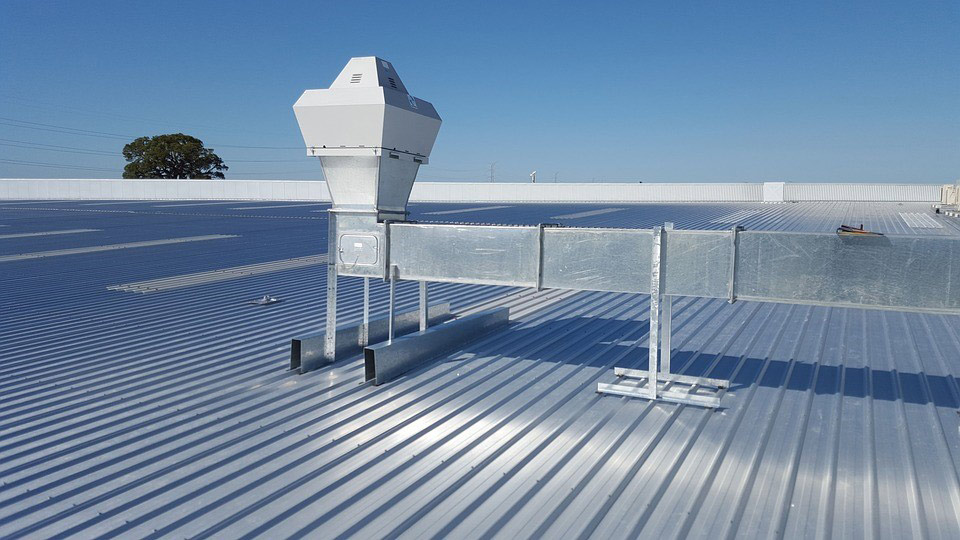HVACR technicians are in demand, and this interesting field has provided thousands of technicians in this area with steady employment. With dynamic working environments, HVACR is a field that anyone over the age of 21 can break into. In the state of New Jersey, in order to become an HVACR technician in this growing field, you must be licensed. This profession is regulated to ensure the safety of both the technicians and the communities they service. The licensing exam is no easy A, and it must be renewed every two years. However, in order to apply to even take the exam, you need to first become certified. It’s important to have a solid understanding of HVACR and learn from an institution that will properly prepare you for this career and all that the job entails.
Where would an HVACR technician start?
To get HVACR certified, you can follow two routes: you can obtain a bachelor’s degree in HVACR or a related field, combined with 1-3 years of field experience, depending on your degree in order to apply to take the licensing exam. Or, you can obtain an HVACR diploma from a vocational school like Eastwick College to count for two of the required five years of apprenticeship experience as an HVACR contractor. After that, you would need to complete one year as an HVACR journeyperson upon completion of the apprenticeship to apply for the licensing exam. Once licensed, you’re able to officially enter the dynamic profession of HVACR.
How much would an HVACR technician make in New Jersey?
In the New Jersey/New York metropolitan area, HVACR technicians earn, on average, a $48,320 salary. According to the Department of Labor, employment of HVACR technicians and installers is projected to increase 14% by 2024. Though no college, including Eastwick College, can guarantee employment upon graduation, this trade is growing, and qualified technicians are in demand.
What would an HVACR technician do day-to-day?
HVACR technicians are rarely stuck behind a desk, rather they travel to various sites and work with their hands. HVACR technicians install, maintain and repair heating and cooling systems, and often work with electrical wiring and other mechanical components. Testing a system for inspection is another aspect of the job. Certified HVACR technicians essentially work on climate control in residential and commercial buildings.
Learn more about Eastwick College’s twelve-month diploma program for HVACR training.

